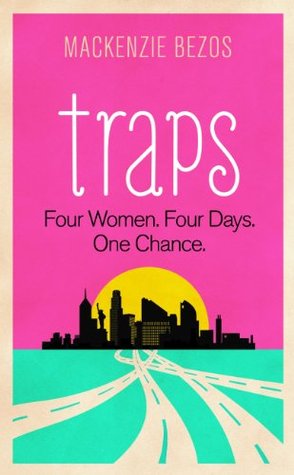More on this book
Kindle Notes & Highlights
“And, Dana?” She turns back to him. “We like a pilot who can fly without a wingman. We do. But not if she won’t keep her radio on.”
He is the seventh of eight children, self-reliant, unruffled by drama, comfortable on the sidelines, accustomed to sharing.
a quick circle with his glass on the counter and then watches the wine swirl and settle. For all his enjoyment of work in trauma, he draws his real satisfaction from his ability to help and to heal.
She says, “If I might be bold here, agents have stressors all the time that they keep private if they feel they’re below a certain threshold of distraction.
Growing up with a mother who’s afraid to go outside or answer the phone is way worse than growing up knowing your grandfather is an asshole.”
They don’t get paralyzed or rush forward in a fog of generalized anxiety and confusion. They assess and act, breaking up a heterogeneous mass of problems into discrete chunks and pairing up often regrettable ends with the best of available means.
It is one of the things that Dana loves about her job—that her coworkers are by requirement predisposed to reliability, to procedure and preparation.
“I’m older than you said I was, too—seventeen. Old enough to know better.” “Well, there’s no age cutoff for stumbling.”
Ian has said he will appeal, but she guesses he has not yet done so because he believes (some people really believe this) that something good may happen to him without his effort or planning.
She gets his voice mail finally: “This is Ian; leave your number so I don’t have to clean my apartment to find it.”
Jessica was sitting alone at the kitchen table drinking coffee, and Vivian recognized her right away but pretended not to, just refilled her cup, because everyone deserves to feel known for the things they choose to offer up themselves.


